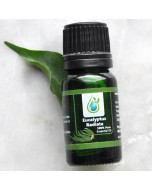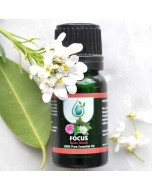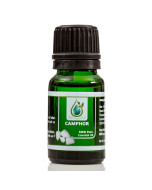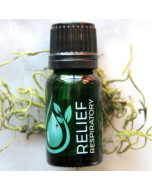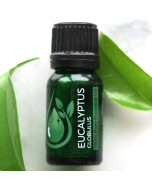Myrtle 100% Pure Essential Oil
Myrtle
100% Pure Essential oil
Scientific name: Myrtus communis
Oil origin: Leaves & Twigs
Extraction: Steam Distilled
Aroma: Fresh, Sweet, Camphoraceous
Odor strength: High
Evaporation: Top to Middle
Origin: Morocco
The myrtle plant first appears in history in ancient Greece, and it was associated with Aphrodite, the Goddess of Love and Beauty. Furthermore, the bravest soldiers, athletes, and nobles were honored with its leaves. It was also prized for its medicinal properties too. Myrtle belongs to the same plant family as tea tree and eucalyptus, giving the three similar characteristics. In fact, myrtle’s scent is reminiscent of eucalyptus oil. Myrtle is also sometimes compared to frankincense oil because they possess a similar composition.
Myrtle essential oil is obtained through the steam distillation of the myrtle plant’s flowers, leaves, and stem. Its main constituents are Cineol, Myrtenol, Pinene, Myrtenyl Acetate, Geraniol, Linalool, Camphene, and Borneol.
Myrtle oil has been extensively researched for its benefits on hormone imbalances, specifically of the thyroid and ovaries. Myrtle possesses adaptogen properties, which may help regulate an underactive or overactive gland. This is why it is recommended for people suffering from hypothyroidism.
In skincare, myrtle essential oil is valued for its astringent properties. It can address oily skin, open pores, sagging skin, and acne. It is also used as a base for treating hemorrhoids because of its high tannin content.
People dealing with respiratory problems, including asthma, cough, and bronchitis, may benefit from myrtle oil because of its expectorant properties. This means that it can remove excess mucus from your respiratory tract. The oil is gentle enough and is particularly helpful for the elderly and children suffering from night-time coughs.
Myrtle oil may also help inhibit infections due to its antimicrobial properties. In one study, it was shown that the oil could prevent the growth and development of five types of bacteria, including Escherichia coli, Staphylococcus aureus, Bacillus subtilis, Salmonella species, and Listeria species. Myrtle also functions as an antiseptic and can be applied to wounds.
Myrtle oil also works for mental and emotional health, as it can help relieve nervousness and stress. As a sedative, it can provide relief from depression, tension, and distress, as well as inflammation and allergic reactions.
Myrtle essential oil is known for its properties as an antiseptic, astringent, deodorant, expectorant and sedative substance.
Disclaimer:
The above statements have not been evaluated by the FDA
This information is for educational purposes only, it is not intended to treat, cure, prevent or, diagnose any disease or condition. Nor is it intended to prescribe in any way. This information is for educational purposes only and may not be complete, nor may its data be accurate.
Safety precautions: Extremely potent use with care. Consult a professional reference for correct dilution ratios prior to application.
Avoid in pregnancy and lactation. Keep away from eye area. Keep out of reach of children.
Myrtle essential oil is reported to have potentially carcinogenic constituents. High risk individuals should be careful not to overexpose themselves to this oil. Please stay with in a 1.9% dilution ratio and use extra caution.
| UPC Barcode | 641990785241 |
|---|---|
| Uses | Skincare, Relaxation, Respiratory |
| Aroma | Earthy / Herbaceous |


